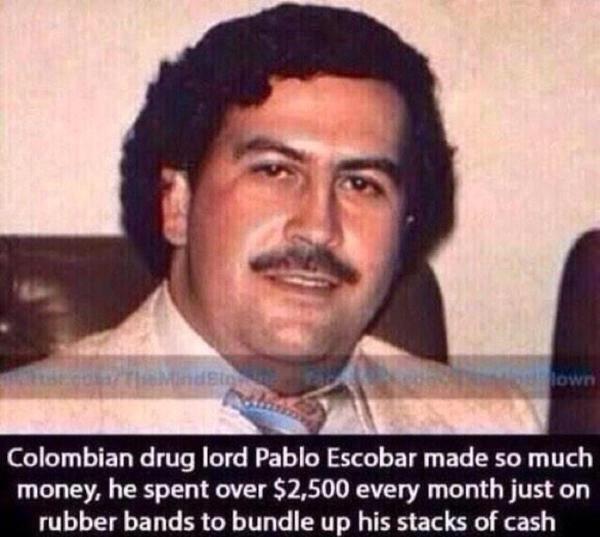 “Play to win and win to play. Playing to win is one of the finest things you can do. It enables you to fulfill your potential. It enables you to improve the world and, conveniently, develop high expectations for everyone else too. And what if you lose? Just make sure you lose while trying something grand. Avinash Dixit, an economics professor at Princeton, and Barry Nalebuff, an economics and management professor at the Yale School of Organization and Management, say it this way: “If you are going to fail, you might as well fail at a difficult task. Failure causes others to downgrade their expectations of you in the future. The seriousness of this problem depends on what you attempt.” In its purest form, winning becomes a means, not an end, to improve yourself and your competition. Winning is also a means to play again. The unexamined life may not be worth living, but the unlived life is not worth examining. The rewards of winning – money, power, satisfaction, and self-confidence – should not be squandered. Thus, in addition to playing to win, you have a second, more important obligation: To compete again to the depth and breadth and height that your soul can reach. Ultimately, your greatest competition is yourself.” (more…)
“Play to win and win to play. Playing to win is one of the finest things you can do. It enables you to fulfill your potential. It enables you to improve the world and, conveniently, develop high expectations for everyone else too. And what if you lose? Just make sure you lose while trying something grand. Avinash Dixit, an economics professor at Princeton, and Barry Nalebuff, an economics and management professor at the Yale School of Organization and Management, say it this way: “If you are going to fail, you might as well fail at a difficult task. Failure causes others to downgrade their expectations of you in the future. The seriousness of this problem depends on what you attempt.” In its purest form, winning becomes a means, not an end, to improve yourself and your competition. Winning is also a means to play again. The unexamined life may not be worth living, but the unlived life is not worth examining. The rewards of winning – money, power, satisfaction, and self-confidence – should not be squandered. Thus, in addition to playing to win, you have a second, more important obligation: To compete again to the depth and breadth and height that your soul can reach. Ultimately, your greatest competition is yourself.” (more…)
Archives of “cocaine” tag
rssHe was once probably the richest man. They were bringing in $1B a year in profits in 1978.

During its heyday, Pablo Escobar’s drug cartel spent $2,500 per month on rubber bands for bricks of cash. Mental Floss has a interesting profile of the drug lord.
The profits were astronomical at every step. In 1978 each kilo probably cost Escobar $2,000 but sold to Lehder and Jung for $22,000, clearing Escobar $20,000 per kilo. In the next stage they transported an average of 400 kilos to south Florida (incurring some additional expenses in hush money for local airport authorities) where mid-level dealers paid a wholesale price of $60,000 per kilo; thus in 1978 each 400-kilo load earned Escobar $8 million and Lehder, Ochoa, and Jung $5 million each in profits. Of course the mid-level dealers did just fine: after cutting the drug with baking soda each shipment retailed on the street for $210 million, almost ten times what they paid for it.
Soon Lehder was hiring American pilots to fly a steady stream of cocaine into the U.S., paying them $400,000 per trip. At one trip per week, in 1978 this translated into wholesale revenues of $1.3 billion and profits of $1 billion.
If You Have to Be Right, Trouble Ahead
“I confess, I think about the future. So do my colleagues. If someone who’s spent decades investing doesn’t have an opinion about what lies ahead, there’s something wrong. I believe our clients want us to apply the benefit of our experience in gauging and reacting to the opportunities and risks that lie ahead.
But I have a mantra on this subject, too: “It’s one thing to have an opinion; it’s something very different to assume it’s right and act on that assumption.” We have views on the future. And they can cause us to “lean” toward offense or defense. Just never so much that for the results to be good, our views have to be right.”
–Howard Marks, Oaktree Capital Management January 10, 2012
Marks is not a technical trend follower, but wise words about not worrying about being right.
The Dead saw it too:
Drivin’ that train
High on cocaine
Casey Jones you better
watch your speed
Trouble ahead
Trouble behind
and you know that notion
just crossed my mind
Trouble with you is
The trouble with me
Got two good eyes
but we still don’t see
Come round the bend
You know it’s the end
The fireman screams and
The engine just gleams
